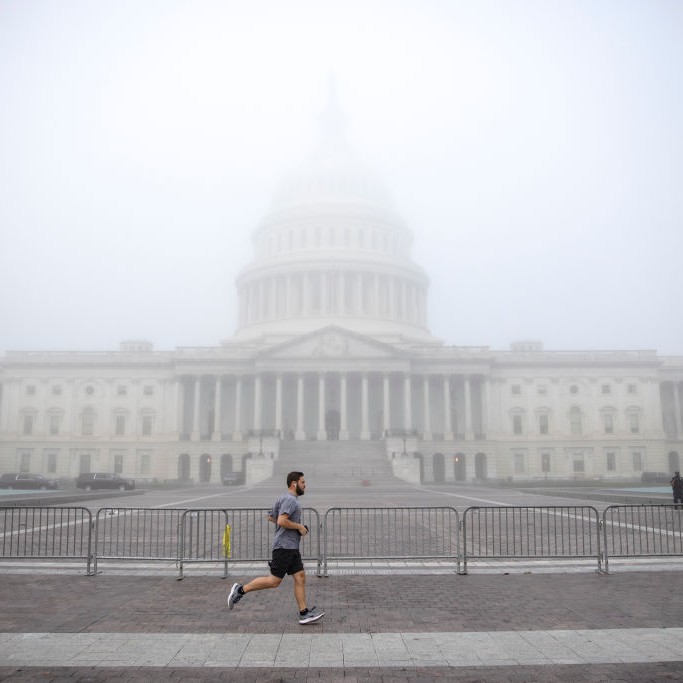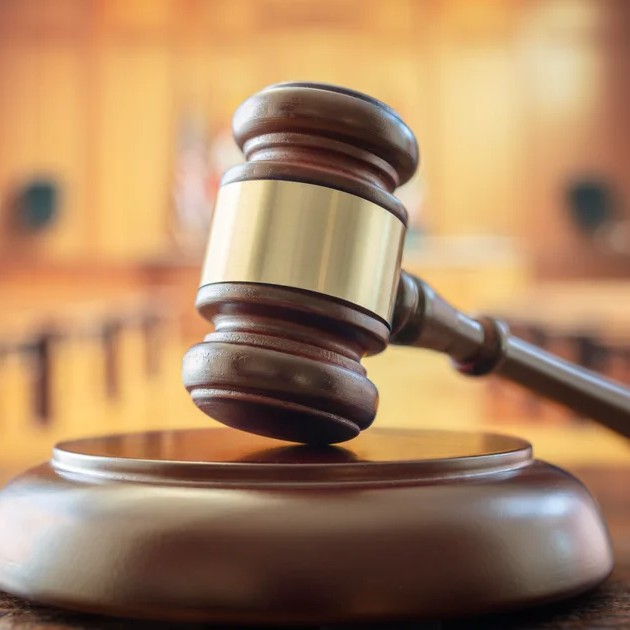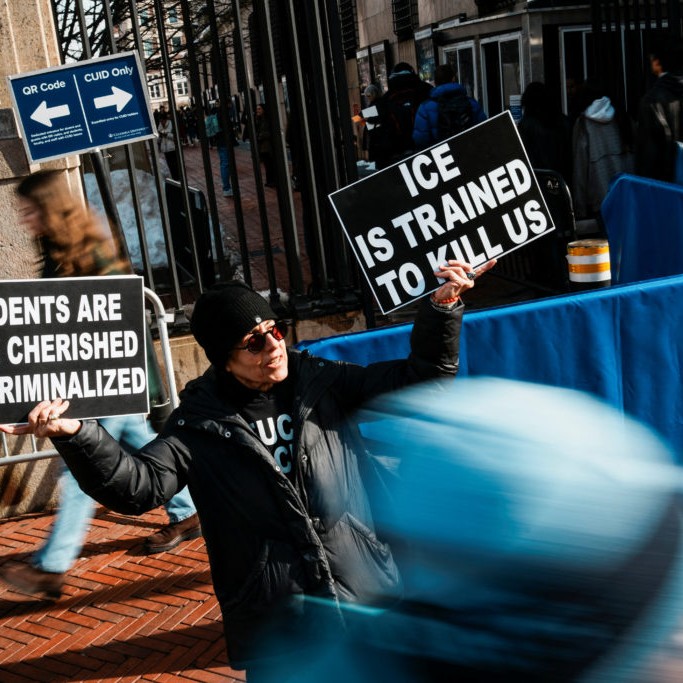
President Donald Trump holds a cabinet meeting, Wednesday, February 26, 2025, in the Cabinet Room.jpg). Photo by Molly Riley and courtesy of The White House. Public domain.
Washington’s corridors of power are buzzing — and not necessarily in a good way.
In a move that some call bold and others call terrifying, President Donald Trump’s inner circle is actively exploring a legal path to suspend habeas corpus, the bedrock legal protection that prevents indefinite detention without a court hearing. Why? To fast-track mass deportations and override what Trump allies describe as “radical rogue” immigration judges standing in the way of their immigration crackdown, according to the Houston Chronicle.
What is happening? Can the Trump Administration actually suspend a fundamental right?
Miller’s Comments Spark Firestorm
Trump’s deputy chief of staff, Stephen Miller — a longtime architect of hardline immigration policy — spoke to reporters about the White House’s aims in potentially suspending habeas corpus. According to the Associated Press, he said, “The Constitution is clear, and that of course is the supreme law of the land, that the privilege of the writ of habeas corpus can be suspended in a time of invasion. So, I would say that’s an option we’re actively looking at. Look, a lot of it depends on whether the courts do the right thing or not.”
The suggestion has ignited a fierce legal and political backlash — and raised serious questions about just how far a president can go in bending the law to enforce immigration policy.
What Is Habeas Corpus, and Why It Matters
The writ of habeas corpus — Latin for “you shall have the body” — allows anyone detained in the US to appear before a judge and challenge their imprisonment. It’s a principle dating back centuries, often called the “Great Writ of Liberty,” and is referenced in Article One of the US Constitution, which says the writ may only be suspended “in cases of rebellion or invasion” when “public safety may require it,” according to the BBC.
It’s been suspended only four times in U.S. history — most notably by President Abraham Lincoln during the Civil War and by Franklin D. Roosevelt in Hawaii after the Pearl Harbor attack. It has never been suspended to manage immigration.
Fear From the Left, Cheers From the Right
Legal experts have been quick to slam the idea. According to NBC News, Georgetown University’s Stephen Vladeck called Miller’s suggestion “factually and legally nuts.”
Critics warn that suspending habeas corpus could allow mass detentions of migrants — without court hearings, without due process, and without any independent review of the government’s claims. Senator Chris Murphy (D-Connecticut) didn’t mince words during a weekend rally reported by NBC News, saying, “Today it may be an El Salvadorian immigrant or a foreign student, but tomorrow it is you or me. The slope to despotism can be slippery and quick.”
But on the right, the proposal has sparked cheers. Supporters argue that a suspension could be a necessary step to protect the country from what Trump has called an “invasion” of gang-affiliated migrants, according to the AP. The Trump administration has used this rhetoric to justify invoking the 1798 Alien Enemies Act earlier this year, a move that was later blocked by federal courts in multiple states.
According to NBC News, Trump himself hinted at the drastic step on April 30, saying, “There’s one way that’s been used by three very highly respected presidents, but we hope we don’t have to go that route” — a not-so-subtle nod to past wartime suspensions of habeas corpus.
Can Trump Legally Do It?
Short answer: not alone.
The Constitution places the power to suspend habeas corpus squarely in the hands of Congress. Even conservative Supreme Court justices have emphasized that only Congress — not the president — can authorize a suspension, and only in extreme circumstances.
In a 2004 ruling reported by NBC News, Justice Sandra Day O’Connor wrote that habeas corpus is a “critical check” on executive power. Justice Antonin Scalia agreed, stating that the executive cannot detain people without charges even in times of crisis.
According to the AP, Amy Coney Barrett — now on the Supreme Court — co-authored a legal essay that concludes the Constitution does not specify which branch can suspend habeas corpus, “but most agree that only Congress can do it.”
The Legal Minefield Ahead
If Trump attempts to suspend habeas corpus without congressional approval, it would almost certainly spark an immediate legal firestorm.
Even some Republicans are distancing themselves. Sen. John Barrasso told NBC’s “Meet the Press” that he didn’t expect the issue to come before Congress — and pointedly avoided saying whether he would support such a move if it did.
Meanwhile, federal courts have already blocked key parts of Trump’s immigration strategy. The administration’s attempt to use the Alien Enemies Act to deport alleged gang members without due process has been halted in at least four states. Judges cited lack of evidence that the nation faces an “invasion” — the legal trigger needed to suspend habeas corpus under the Constitution, according to the AP.
What Comes Next?
Trump’s next move may depend on how far the courts — and Congress — are willing to go to stop him.
While the president’s power is broad, it’s not absolute. If Trump pushes forward with a unilateral suspension, the battle will almost certainly play out at the Supreme Court — one that could redefine the limits of executive power in modern America.
References: The White House is considering suspending due process to deport immigrants. What is habeas corpus? | Trump admin’s threat to suspend core US legal right sparks outcry and alarm | Trump team mulls suspending the constitutional right of habeas corpus to speed deportations. Can it? | Barrasso doesn’t expect habeas corpus to ever become an issue | What is habeas corpus and why might Donald Trump want to suspend it?







